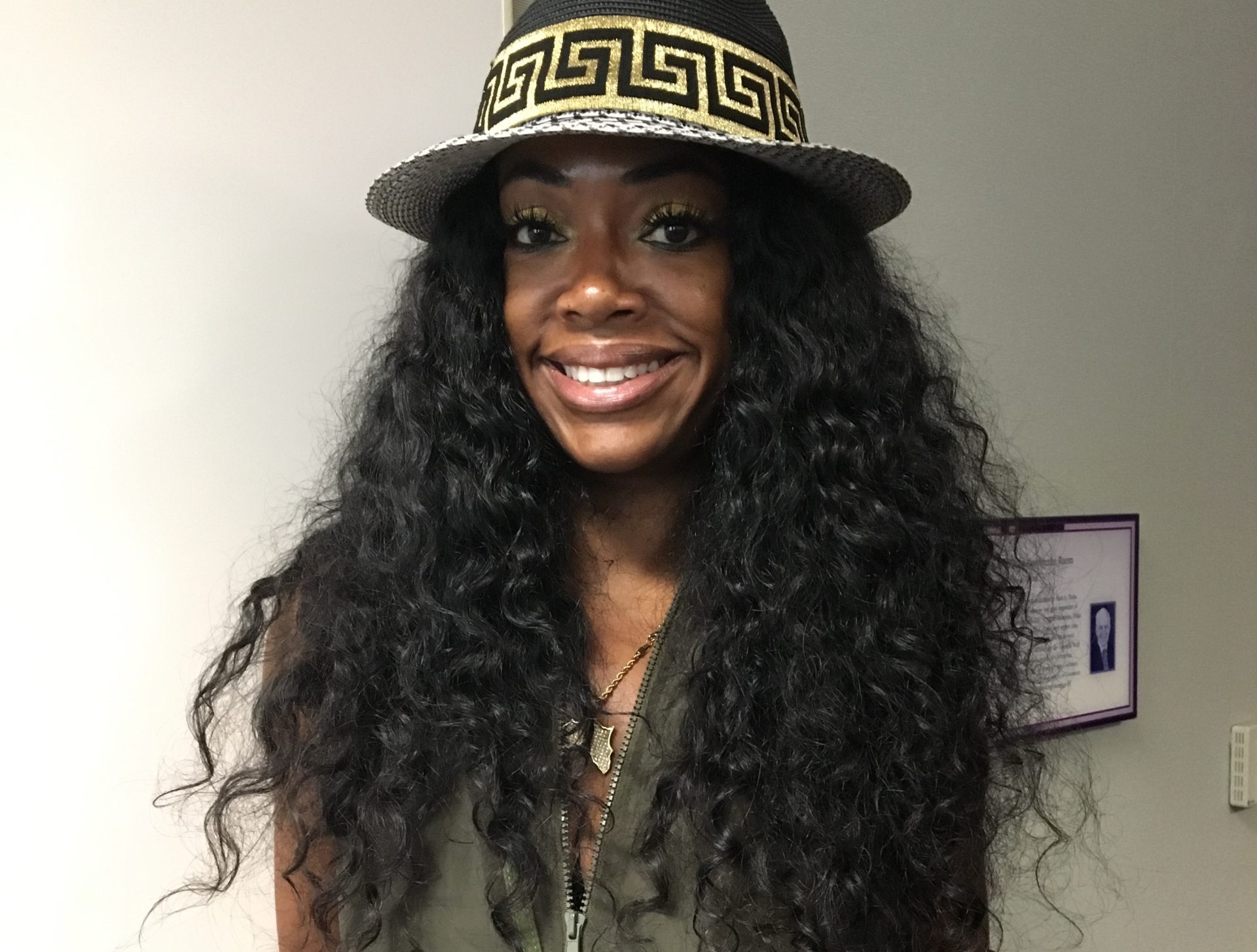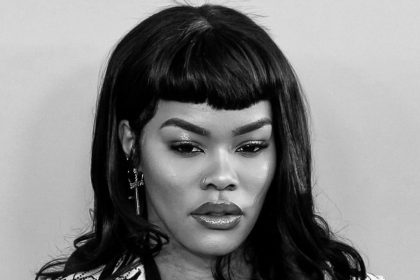
As an entrepreneur with a growing list of Twitter followers, Facebook friends and Linked In connections, (all current or potential clients), the last thing you want to do is miss a partnership opportunity that may take your company to the next level. Nevertheless, how do you know if the partnership is right for you?
Seek brand consistency.
“When you talk about partnerships with brands, you must assure that their brand aligns with your philosophy or theme so that it is parallel, and you complement each other,” life balance expert Takeyah A. Young explains. “I want to make sure that their messaging and their branding is consistent and of the same integrity that I want to maintain on my blog, so that my readers can see that and respect the integrity and position of my blog. It’s a snowball effect, other brands will see that you’re working with a reputable brand then they’ll see the value in what you’re doing.”
Explore your risk and reward factor before passing up a partnership opportunity.
“When you partner with someone there’s a huge trust factor, specifically if you’re an entrepreneur and you’re used to doing something your way and there really isn’t that opposing opinion,” Akilah S. Richards explains. “So when you work with someone else, you’re still you, and then you come to the table with your typical approach. Look at what your risks are and put those risks into perspective. Sometimes those risks are based on fears that you have, and if you actually address them with your partner, whether you do it in a conversation or in writing, as long as you’re facing that you will find there are ways to resolve it and move forward.”
Do your research.
Young vets potential partners in two steps, first she does an online search, and she follows up with a Skype chat.
“I often see who they follow, see what they’re talking about online. I Google everybody and I try to find out who they are that way, and I talk to people and I look at who they are following and who they are connected with. In addition to that I schedule some time to talk by Skype, to see what their energy is like, person-to-person. I may even ask for references; who did you work for before? Have you had a partnership before? Always start with a small project, something that doesn’t seem so grand with a humongous commitment, to see how they work and assess what that experience was like,” she says.
Young adds that trust is the overriding factor in successful partnerships, and some are just not to be.
Don’t feel guilty if you must decline an opportunity.
“It’s OK to feel like you don’t have the level of trust that you need to move forward. As well as not be best suited for the partnership. They might be great, and fabulous and have a lot of prestige, but they may not be the best person for the partnership and what you need right now.”
Knowing when to decline a partnership takes strategy and discernment and a resolve to say “no thanks” and just keep it moving, Young adds. “Just because they’re available to work with you, doesn’t mean that you should work with them.”
Gallery: Images from the Partnership session presented at the Blogging While Brown annual convention held recently in Los Angeles.
















